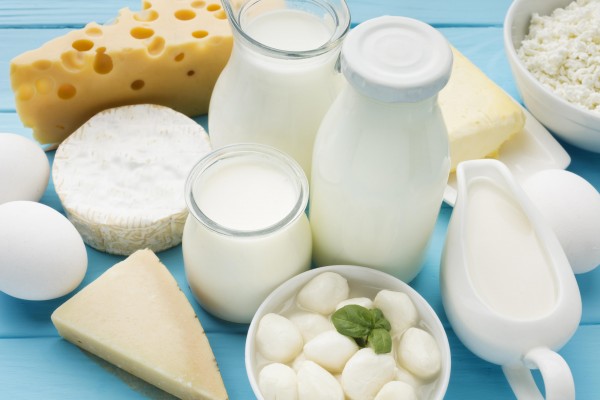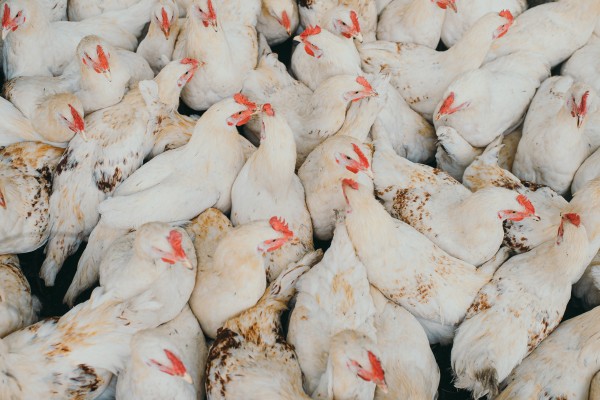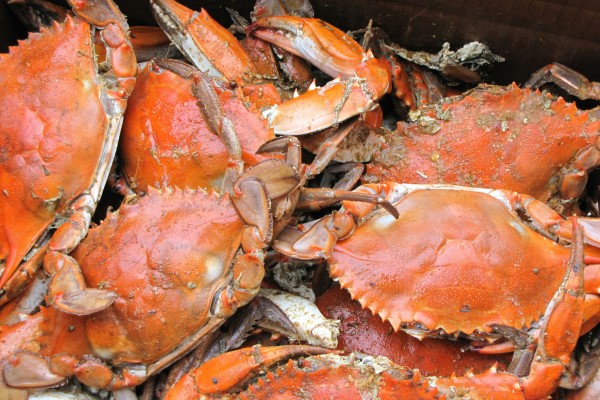On September 28, Alexey Ivanov, Director of the International BRICS Competition Law and Policy Centre, spoke in the session entitled "Inflation and Competition Enforcement in Food and Agro-Processing", which was held as part of the 17th Annual Competition Law, Economics and Policy Conference in Johannesburg, South Africa.
The structure of today's global agricultural markets indicates that the food commodities sector is particularly susceptible to shocks such as supply chain disruption due to a pandemic, rising fuel and fertilizer prices, etc. The panelists discussed how competition enforcement can best address food inflation. The session was moderated by James Hodge, Chief Economist, Competition Commission of South Africa (CCSA).

The problems of competition in the food segment of the market are largely due to the very structure of the value chain, the bottlenecks of which became apparent during the pandemic crisis, Alexey Ivanov noted. For example, food prices were significantly affected by the monopolization of means of production: fertilizers, seeds, agrochemical products. A separate chapter is devoted to this problem in the book Global Food Value Chains and Competition Law (Cambridge University Press, 2022), prepared with the participation of experts from the BRICS Centre.
The trade segment of the value chain also shows significant monopolization, facilitated by unequal access of market participants to information and the financialization of trade. Global traders like ADM, Bunge, Cargill benefit from information asymmetry because they possess data on imports and exports of grain, oil or other important commodities.
"This is a new type of market power, close to the power of digital giants who control people's attention, their personal data and take advantage of network effects. There is a very similar situation in the global trade in agricultural products,"
Ivanov emphasized.
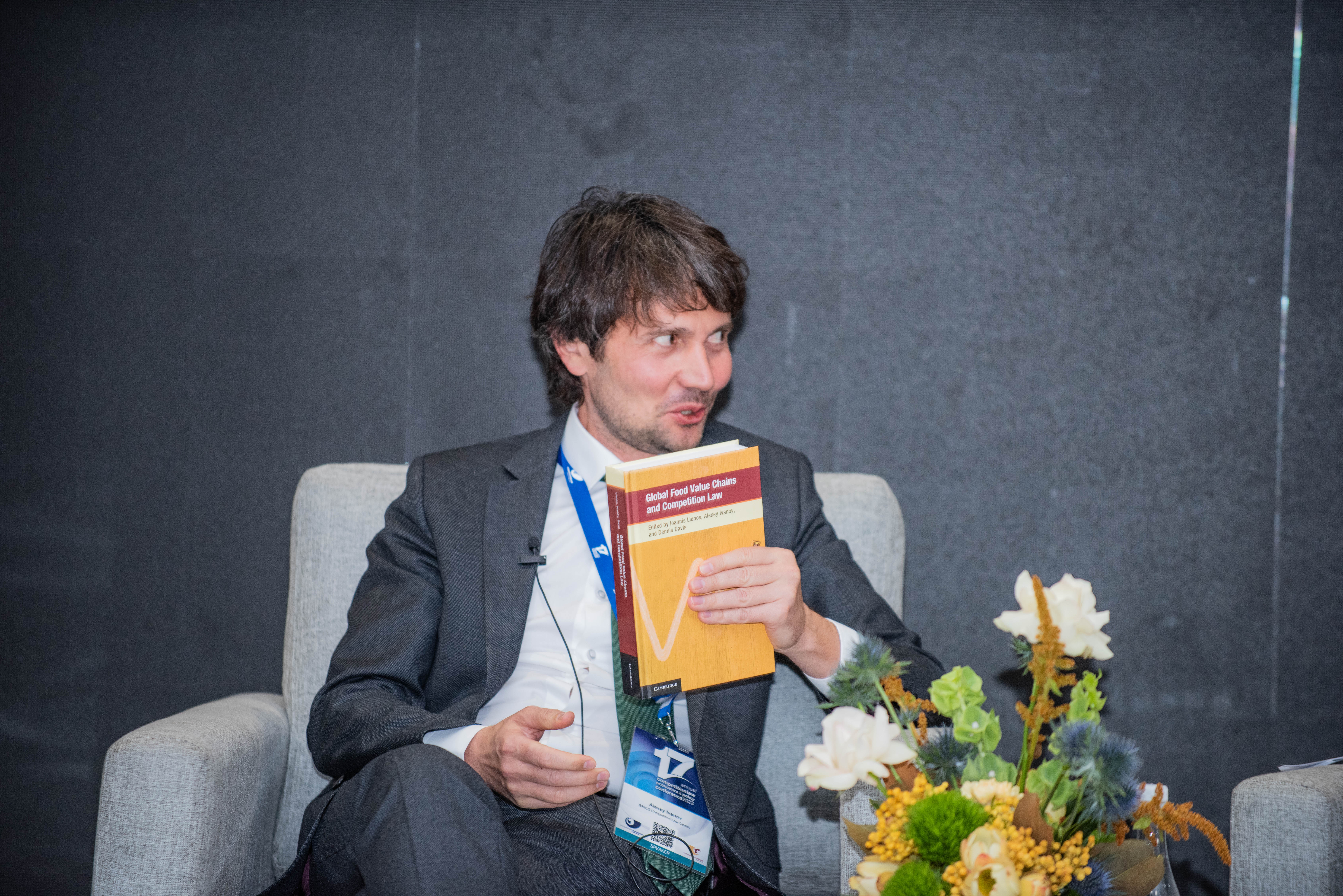
Today it is no longer possible to analyze agricultural and food markets at the local level without taking into account global dynamics, which means that global coordination of antimonopoly authorities' actions is necessary, believes the Director of the BRICS Centre
"We have to act locally but also think globally and promote cooperation. In Africa, there is the AfCFTA Protocol on Competition Policy, which allows for continental action. I think there should be something similar at the BRICS level, at least when it comes to such global deals as the Bunge-Viterra merger,"
Alexey Ivanov said.
The Director of the BRICS Centre also emphasized that the shaping of market structure is largely influenced by external forces, and often it is not farmers who benefit from value chains built in a certain way.
"Farmers lose the most because they are squeezed from two sides — between the oligopoly of seed and agrochemical producers and the oligopoly of traders. Farmers are the most vulnerable segment of the value chain today."
Speaking about the coordination of industrial and competition policy, Ivanov noted that antimonopoly authorities should not only take into account whose interests are served by a certain design of global value chains, but should themselves participate in their formation.
"I think it's more like states should think about the design of the value chain rather than architectors of these value chains, who organize it according to their interest rather than to the interest of the public,"
Ivanov concluded

Wandile Sihlobo, Chief Economist of the Agricultural Business Chamber of South Africa (Agbiz), noted that South Africa imports almost all inputs — 80% of fertilizers, 98% of agrochemicals, etc., which increases the dependence of local farmers on input suppliers. At the same time, according to Mr. Sihlobo, the main factors behind the rise in food prices in South Africa were China's purchase of large volumes of soybeans and corn on the world market, the prolonged drought in South America and Russia's military conflict with Ukraine.
"If we talk about global agriculture, 50% of soybeans and about 15% of corn comes from Brazil and Argentina. So supply constraints on their part have affected global commodity prices."

Elaborating on the topic raised by Alexey Ivanov, Reena Das Nair, Senior Researcher at the Centre for Competition, Regulation and Economic Development at the University of Johannesburg (UJ), said that according to the Centre's research, fertilizer prices in Zambia, Malawi and South Africa are 30-80% higher than in other countries. So if there's such disparity on key input prices, it makes it very difficult for these countries to develop strong regional value chains, she noted.
"The highly concentrated markets and anti-competitive behavior of global players who supply fertilizers to the African continent is a global problem. The question I ask everyone here is what then is the role of the AfCFCTA competition protocol in combating these international anti-competitive conduct?"

Isaac Tausha, Chief Economist, Competition Commission, COMESA, referred to a study conducted on the value chain of several crops (maize, rice, soybeans, etc.) in five African countries. The study revealed a number of problems in agricultural trade, high concentration in commodity markets and asymmetry of information between commodity brokers and farmers.
"If you look at these issues from a national or regional perspective, do the examination of the transaction, you may not find competition concerns. But later on there will be another merger of some other two companies — and here they already control the whole value chain,"
said Isaac Tauscha.
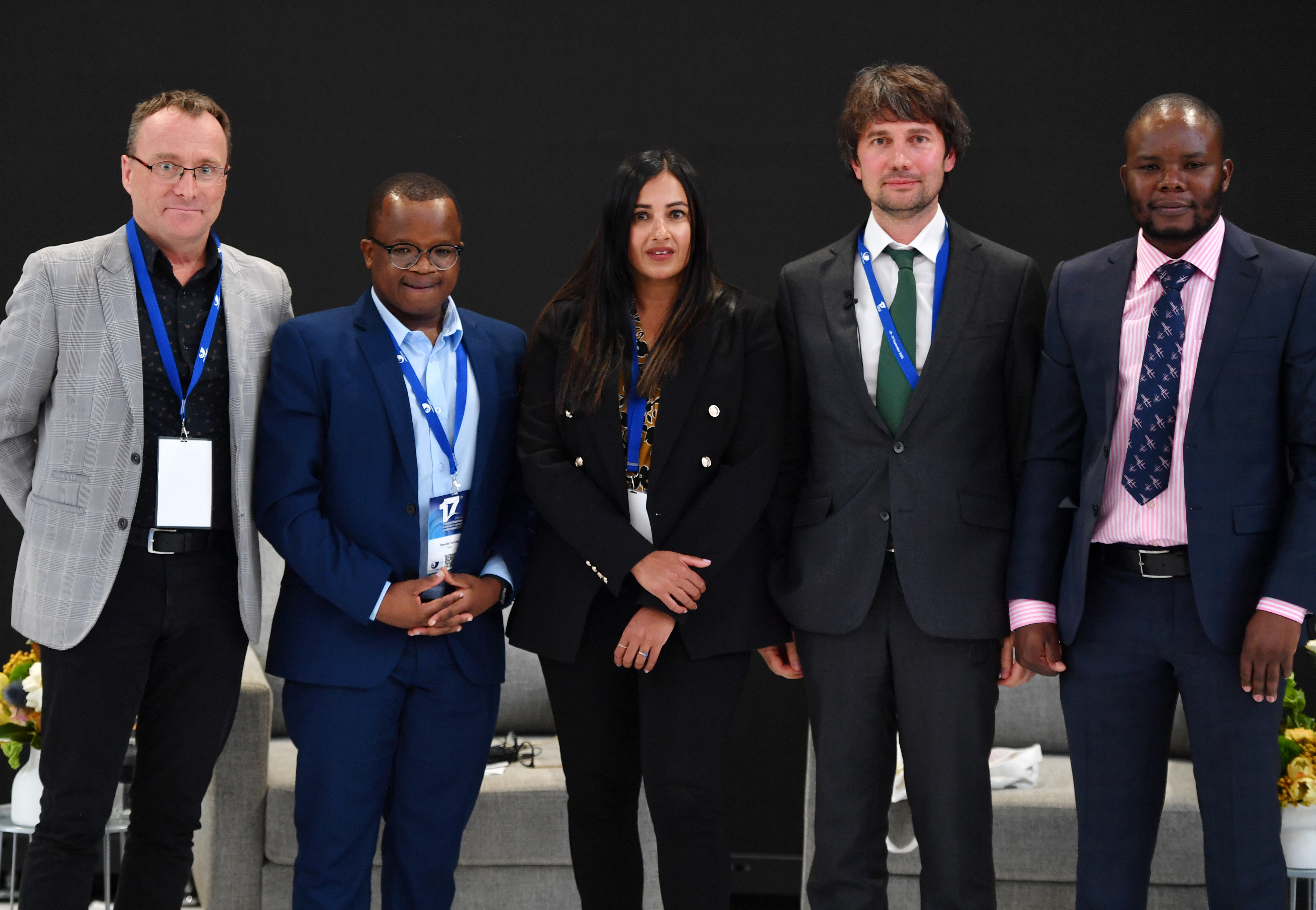 The 17th Annual Competition Law, Economics and Policy Conference was held on September 28-29 in Johannesburg, South Africa. During the event, global competition law experts, economists, academics and industry stakeholders delved into critical issues around competition regulation, enforcement, transformation and the development of appropriate legal standards within the field. This year's conference was entitled "Towards Competitive Markets, Transformation and Deconcentration."
The 17th Annual Competition Law, Economics and Policy Conference was held on September 28-29 in Johannesburg, South Africa. During the event, global competition law experts, economists, academics and industry stakeholders delved into critical issues around competition regulation, enforcement, transformation and the development of appropriate legal standards within the field. This year's conference was entitled "Towards Competitive Markets, Transformation and Deconcentration."


